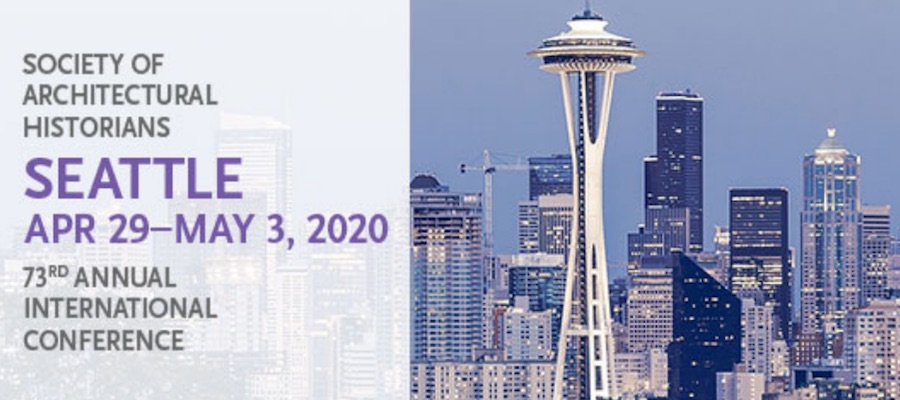Architecture and Mediation in Medieval Mediterranean Port Cities, session at the Society of Architectural Historians 2020 Annual International Conference, Seattle, April 29–May 3, 2020
Port cities in the Mediterranean basin have long been considered complex sites of artistic mobility and exchange during the medieval period. Archival treasures such as the Datini Collection and Cairo Geniza, for example, trace the movement of materials and goods across the Mediterranean destined for the churches and private homes of waterfront cities. This session shifts focus to consider port cities themselves as natural and/or engineered environments that create the spatial, social, cultural, and economic conditions for artistic production and transformation.
With these considerations in mind, we invite papers that study the manifold and critical interventions imposed on medieval seafronts, ranging from the military defenses that protect seafront and urban infrastructure to the architecture and structural embellishments that make unique these littoral and liminal zones of exchange. Research questions from the fields of art and architectural history, archeology, urban planning, and material culture may include but are not limited to: In what ways does the built environment respond to, transform, or thematize the natural or constructed setting of the port city? How does the port city bring into play tensions between openness and closure, receptivity and defense, separation and incorporation, continuity and change? What unique features of port cities drive artistic, social, and economic dynamics and vice versa? How does port infrastructure organize, direct, or block the flow of goods and people and how do merchants, patrons, and artists respond to and navigate these conditions?
While we welcome papers on port cities throughout the medieval Mediterranean, we encourage contributions that focus on southern Italy and the islands, or that explore connections between Italian port cities with centers in North Africa and the eastern Mediterranean.
Session organizers:
Sarah Kozlowski (University of Texas at Dallas)
Kristen Streahle (Cornell University)
